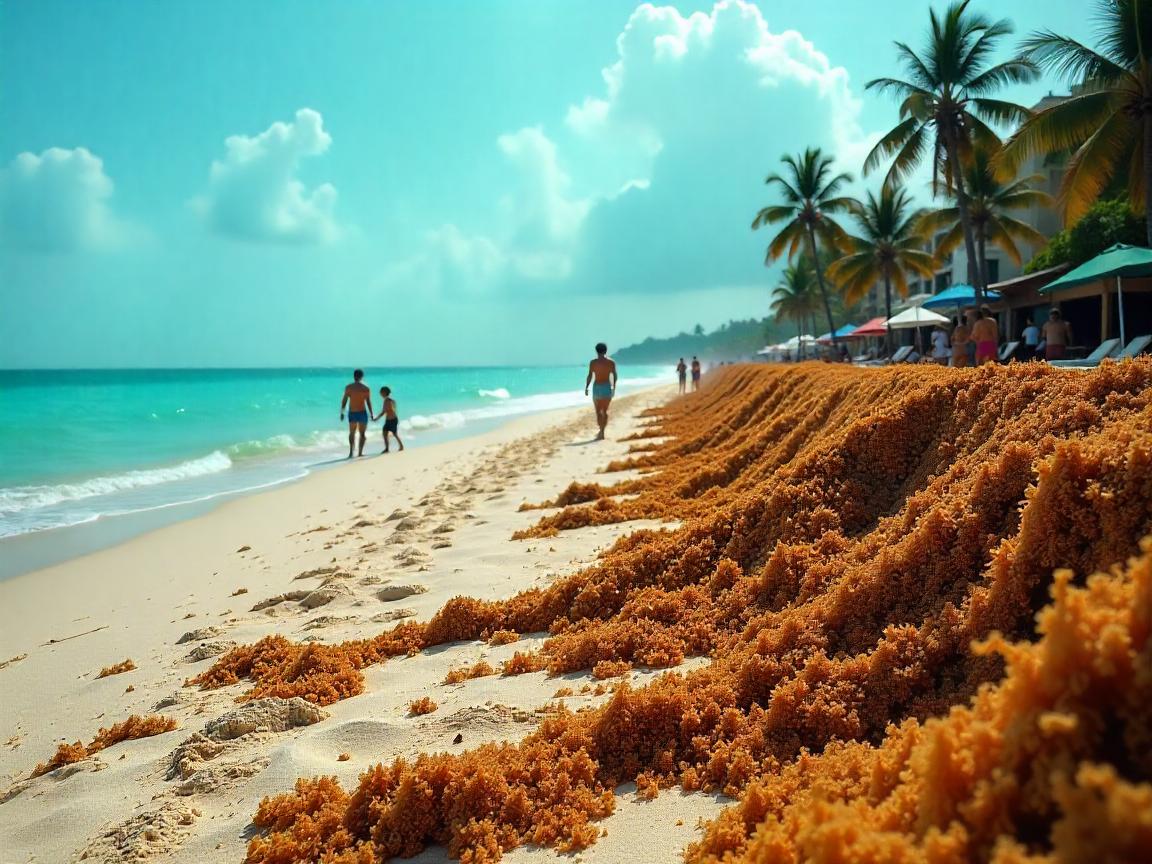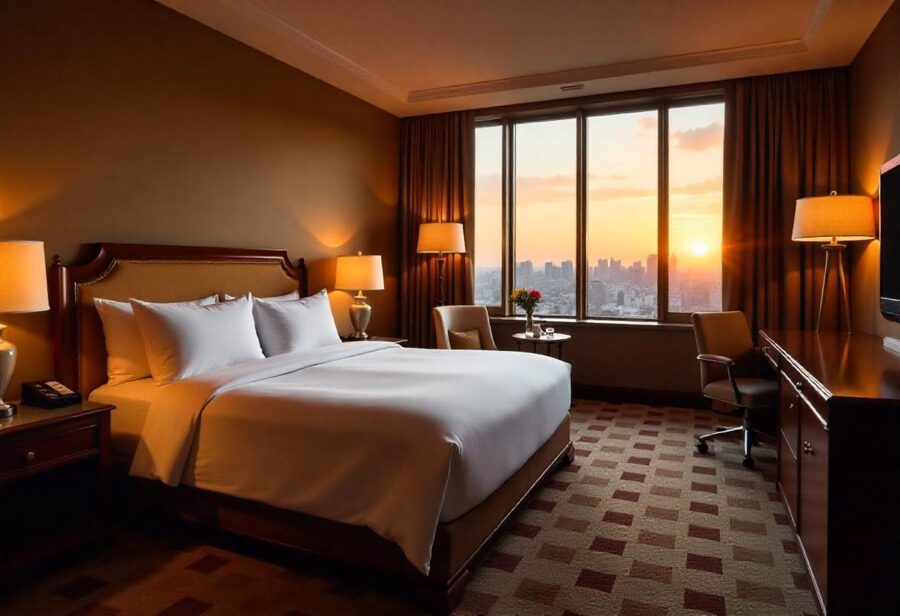Haiti and Cuba among countries affected by new US travel ban
The White House on June 4 announced sweeping travel restrictions targeting nearly two dozen countries, including the Caribbean nations of Haiti and Cuba, under a new Proclamation signed by President Donald Trump aimed at combating terrorism and enhancing national security.
Citing “common sense security standards,” the Trump administration said the move was necessary to limit the entry of foreign nationals who may pose threats to the United States. The Proclamation follows Executive Order 14161, signed earlier this year, which called for a comprehensive risk assessment of foreign governments’ screening, vetting, and identity-sharing procedures.
Haiti is one of 12 countries facing a full suspension of entry. According to a U.S. government assessment, Haiti’s B1/B2 visa overstay rate was 31.38 percent, and the overstay rate for student and exchange visas (F, M, and J categories) was 25.05 percent. The report cited the lack of a centralized, cooperative authority in Haiti, the absence of adequate law enforcement information, and a recent influx of undocumented Haitian nationals as contributing to national security and immigration enforcement concerns.
“Hundreds of thousands of illegal Haitian aliens flooded into the United States during the Biden Administration,” the Proclamation states. “This influx harms American communities by creating acute risks of increased overstay rates, establishment of criminal networks, and other national security threats.”
Cuba, meanwhile, is among seven countries facing partial travel restrictions, specifically targeting immigrants and nonimmigrants on B-1, B-2, B-1/B-2, F, M, and J visas. The administration cited Cuba’s designation as a state sponsor of terrorism, lack of cooperation in law enforcement information-sharing, and a B1/B2 overstay rate of 7.69 percent, with a student/exchange visa overstay rate of 18.75 percent.
“The Government of Cuba does not cooperate or share sufficient law enforcement information with the United States,” the Proclamation says. It also notes Cuba’s long-standing refusal to accept back its removable nationals.
In addition to Haiti and Cuba, the Caribbean and African nations of Chad, Equatorial Guinea, the Republic of the Congo, Eritrea, and Burundi, along with Laos, Sierra Leone, Togo, Venezuela, and others are affected by either full or partial restrictions.
The Proclamation includes exceptions for lawful permanent residents, individuals with existing visas, and those whose entry is deemed to serve U.S. national interests.
President Trump reiterated his long-standing stance on immigration and national security: “We will restore the travel ban, some people call it the Trump travel ban, and keep the radical Islamic terrorists out of our country that was upheld by the Supreme Court.”
The move revives and expands on the controversial travel ban implemented during Trump’s first term, which was upheld in the 2018 Trump v. Hawaii Supreme Court decision. That ruling affirmed the president’s authority under Section 212(f) of the Immigration and Nationality Act to impose such restrictions.
The White House maintains the restrictions are based on risk assessments and are intended to pressure countries into improving security cooperation.
The travel ban takes effect on Monday, June 9th, according to media reports.















